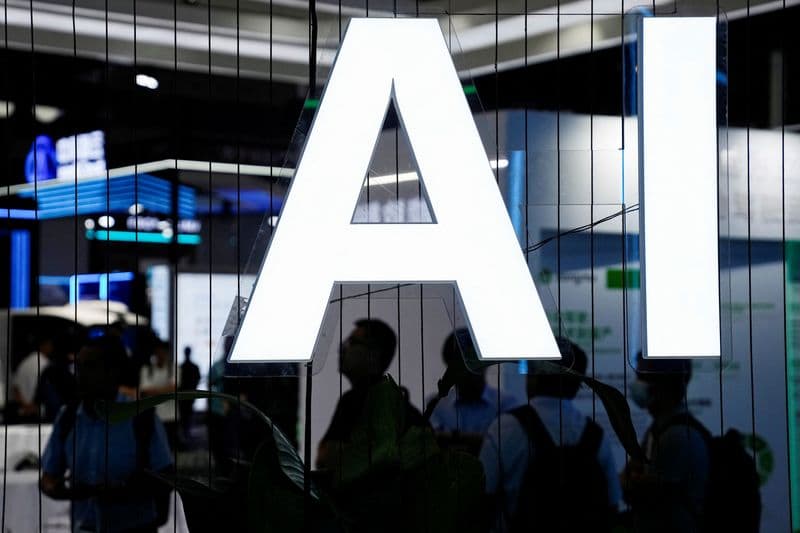This week, the reporting season of S&P 500 companies for the third quarter basically ended, while the index companies as a whole showed good results relative to consensus forecasts.
However, much of the positive sentiment regarding the reporting period was overshadowed by growing concerns about a potential "bubble" forming amid growing enthusiasm around artificial intelligence. Stocks have been fluctuating due to concerns that inflated valuations of the technology sector, uncontrolled spending by giant AI companies, and a wave of cyclical deals could eventually prove unsustainable.
These concerns came to the fore when Nvidia's semiconductor group presented its latest results on Wednesday. The company, whose chips have made it an integral part of the AI narrative and contributed to the rapid growth of its share price, has shown impressive results. Stocks initially rose globally after the report, but gains lost momentum as concerns about the AI bubble persisted.
Nvidia's reporting was the final note in a chorus of recent statements about the place of AI in corporate America, where companies have emphasized their focus on the rapid adoption of this technology. According to Goldman Sachs, about 47% of S&P 500 companies discussed AI during their conference calls after reporting, especially in the context of productivity and efficiency.
These discussions were particularly prevalent in the communications services and finance sectors, with the most common uses of AI being coding and customer support, Goldman analysts including David Costin and Ben Snyder noted.
However, analysts noted that only a small number of these companies actually said they saw a measurable, "discrete" benefit from AI in their quarterly earnings or earnings.
"The combination of continued corporate adoption of AI and concerns about risks to the AI infrastructure complex has increased recent investor focus on the next beneficiaries of the ever-expanding AI trade," the analysts added.
While screening some of these potential beneficiaries, especially companies with "increased labor costs and high wage exposure to AI automation, which have recently mentioned the effectiveness of AI," Goldman analysts singled out tax firm H&R Block, Inc., the human resources company of Robert Half, an IT service provider of Cognizant Technology Solutions Corp., software development company EPAM Systems, and advanced analytics company IQVIA Holdings.
